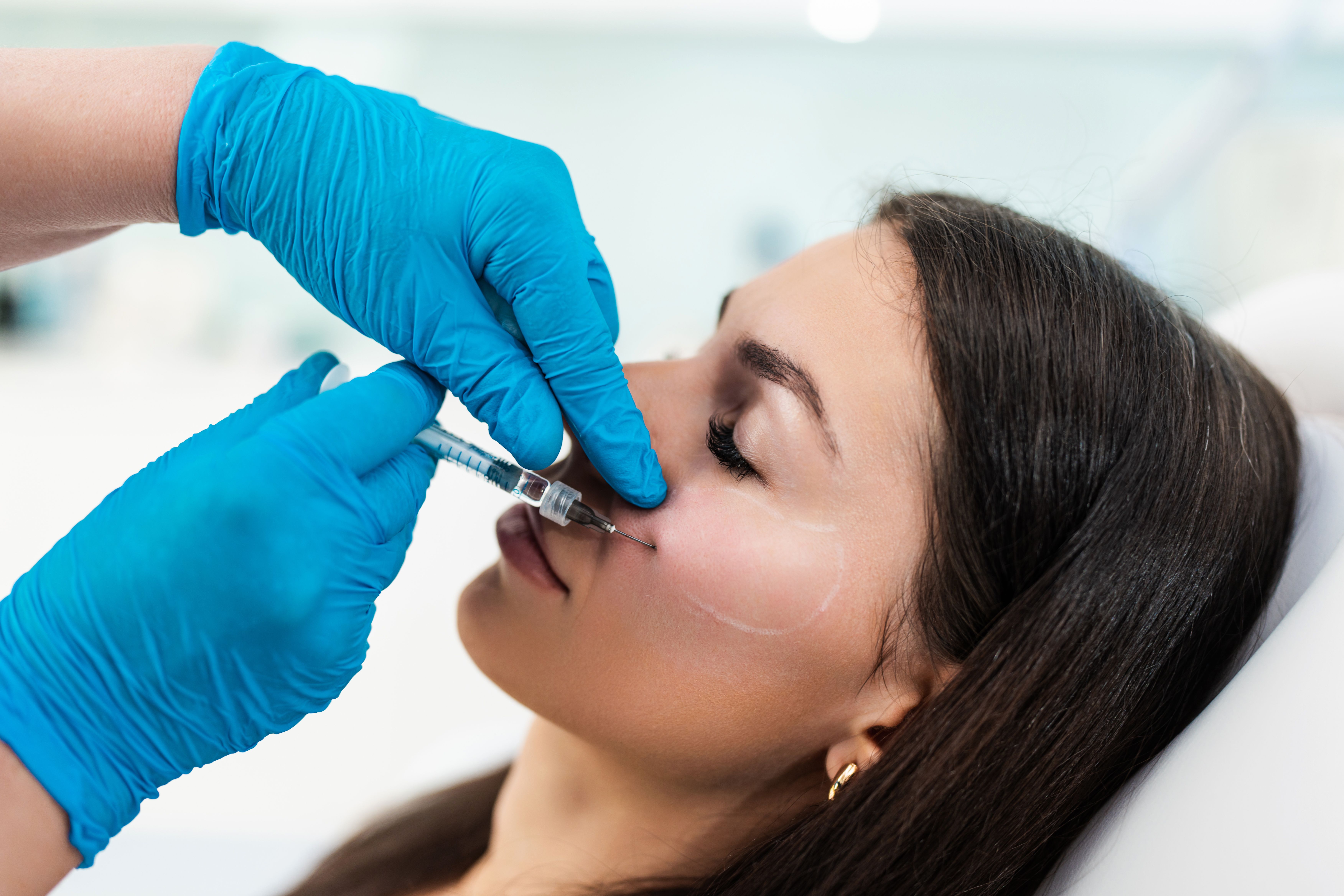- Case-Based Roundtable
- General Dermatology
- Eczema
- Chronic Hand Eczema
- Alopecia
- Aesthetics
- Vitiligo
- COVID-19
- Actinic Keratosis
- Precision Medicine and Biologics
- Rare Disease
- Wound Care
- Rosacea
- Psoriasis
- Psoriatic Arthritis
- Atopic Dermatitis
- Melasma
- NP and PA
- Skin Cancer
- Hidradenitis Suppurativa
- Drug Watch
- Pigmentary Disorders
- Acne
- Pediatric Dermatology
- Practice Management
- Prurigo Nodularis
- Buy-and-Bill
Article
Judge each therapy on own merit, not in combination
Dr. Zachary tells Dermatology Times that dermatologists should ask questions of presenters when they hear data presented at medical meetings to determine the clinical benefit of therapeutic interventions.

"It's best for us, particularly when performing studies, to change just one parameter at a time," says Christopher Zachary M.D., F.R.C.P., professor and chairman of the department of dermatology at the University of California, Irvine.
"If you want to assess the benefits of a new laser, then avoid the temptation of adding an entire skincare regime that will probably give you significant improvement by itself. The results will be open to question, and for good reason."
"In real-life situations, patients are often given a treatment package that might include sunblock, moisturizer, bleaching agent and topical retinoid in addition to their laser surgery," Dr. Zachary says. "It's fine in clinical practice to do this, and these agents can all be helpful. But it would be nice to have some hard evidence concerning the benefits of the myriad of other agents that we foist on our patients."
Tazarotene cream
He notes that topical agents like tazarotene 0.1 percent cream have been shown to be more effective than placebo in the treatment of photodamage. Such a study was published in the Journal of the American Academy of Dermatology in 2005.
The randomized, double-blind trial enrolled 568 patients who had at least moderate fine wrinkling or mottled hyperpigmentation who applied the cream or placebo once daily. The majority of patients had improvements in their photodamage as early as week four. Adverse events included mild or moderate signs of skin irritation.
Because of the damaging effects of the sun, doctors should stress the detriment of excessive sun exposure to patients, Dr. Zachary says. The message must be underlined to children.
"We know that excessive sun exposure causes premature skin aging," Dr. Zachary says. "It's important for us to recognize that we have a responsibility as parents, as physicians and in particular as dermatologists to communicate the dangers of sun exposure. Children, for instance, need to get in the habit of applying sunblock on a daily basis, just like cleaning their teeth. And they need to know how to apply it."
Dr. Zachary says that even on cloudy days, harmful UVA and UVB rays can penetrate through the skin, requiring frequent applications of sunscreen. Children under the age of 16 should not be permitted to visit sun tanning salons without parental consent, and there should be greater awareness in the public that tanning salons are as dangerous to the skin as smoking is to the lungs and heart, Dr. Zachary adds.
He says that physicians have to be wary about promoting cosmeceuticals in their practice, noting most claims boasting efficacy are probably bogus and are simply marketing claims, not substantiated by outcomes from clinical trials.
"There is little scientific proof that the majority of these agents have any real and lasting benefit," he says. "Cosmeceuticals are not regulated by the Food and Drug Administration like pharmaceuticals. We have to be careful that we don't get caught up in this mythology. Is it not reasonable for us to demand that cosmeceuticals should be assessed similarly to pharmaceuticals, based on science, in the knowledge that these agents have been tested and are effective? Otherwise, one might as well open up a beauty salon. My concern is that we are becoming salesmen instead of physicians. Our first concern should be optimal patient care."
Industry collaboration
Dr. Zachary adds that physicians should continue to work with industry because the collaboration has lead to great innovations in dermatology. Medical innovation is based on cooperative ventures between physicians and industry. However, physicians should regularly disclose if they have associations with particular companies.





